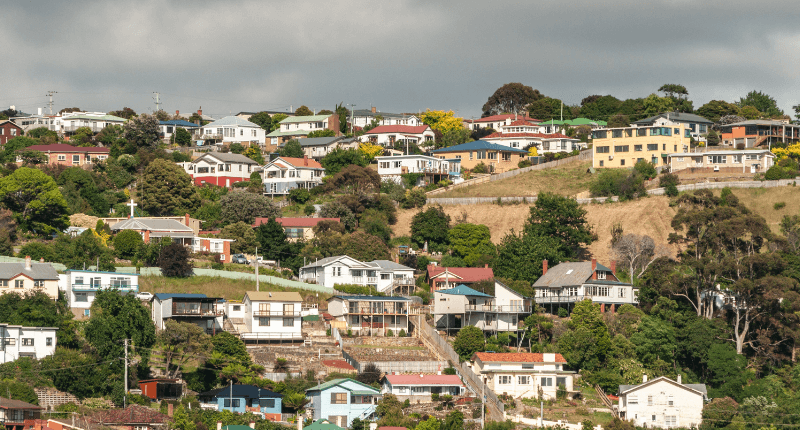- Auction clearance rates and the total number of auctions have risen across the Sydney market
- Though buyers are on the scene, property investors are still shying away
- This is likely to worsen the Sydney rental market next year
With the tail end of a hectic year now here, attention now heads towards what is going to happen in 2023.
Real Estate Institute of New South Wales (REINSW) chief executive, Tim McKibbin, noted that with December now open us, the number of prospective buyers attending auctions and registering to bid has increased.
Greater Sydney
[Select part of the chart to zoom in on various years, and ‘reset zoom’ button to return]
SQM Research data shows that both the auction clearance rate and the total number of auctions has been trending upwards the past few months, but is nowhere near the same level as late last year.
Greater Sydney
[Select part of the chart to zoom in on various years, and ‘reset zoom’ button to return]
In terms of total property listings, these have been much this year compared to 2021, but well below what was seen for much of 2018, 2019 and even 2020.
Should I sell my house in 2023?
If you think you should, get ready.
Mr McKibbin said all vendors considering a sale next year should start talking to agents as soon as possible.
The next few weeks can be spent planning to ensure the ideal campaign is ready to go in early 2023.
“Interestingly, among buyers who are registering, it’s often those who have been looking for a comparatively shorter time who are being successful,” he said.
This could be a sign that those who have been searching for longer are judging the market on the past.
“Auctioneers also report a trend of one-buyer auctions that result in sales. Agents which act transparently with buyers impart a greater sense of mutual trust and are negotiating with single buyers on auction day with success.
Tim McKibbin, REINSW CEO

“Generally, we’re also seeing vendors be more accepting of the market and believing the sooner they sell, the better the result.”
Property investors still idle
Mr McKibbin noted the recent speculation about why investors are not as active in the market.
He said higher mortgage repayments on account of rising interest rates, and the likelihood of higher interest rates, is having an impact.
“But it’s more than this,” he said.
“While investors are hesitating to make purchases, existing landlords are exiting the market.”
Mr McKibbin added that REINSW are investigating why this is occurring through targeted research.
“Anecdotal evidence from agents across the state suggests that the imposts faced by landlords are making an investment in residential property a comparatively less attractive proposition than, say, shares or even commercial property,” he said.
“Seeking to elevate protections for tenants at the expense of freedom for landlords is having a counterproductive impact.”
Mr McKibbin concluded his remarks by reiterating that placing further limitations on the way investors can manage their investment undermines the overall health of the rental market – despite some research indicating that this isn’t always the case.
“Fewer homes to rent in an environment in which demand for rental accommodation is increasing is compounding an already dire problem.”
Sydney rental market tightening further
Greater Sydney
[Select part of the chart to zoom in on various years, and ‘reset zoom’ button to return]
Data from SQM showed there are far less rental listings now than during 2020 and 2021, although there has been a slight uptick in recent months. However, properties are being snapped up faster – fewer are on the market for more than a month.
Also, there are more properties for rent than in 2017 – although this doesn’t take into account the growth in Sydney’s population during the time.








